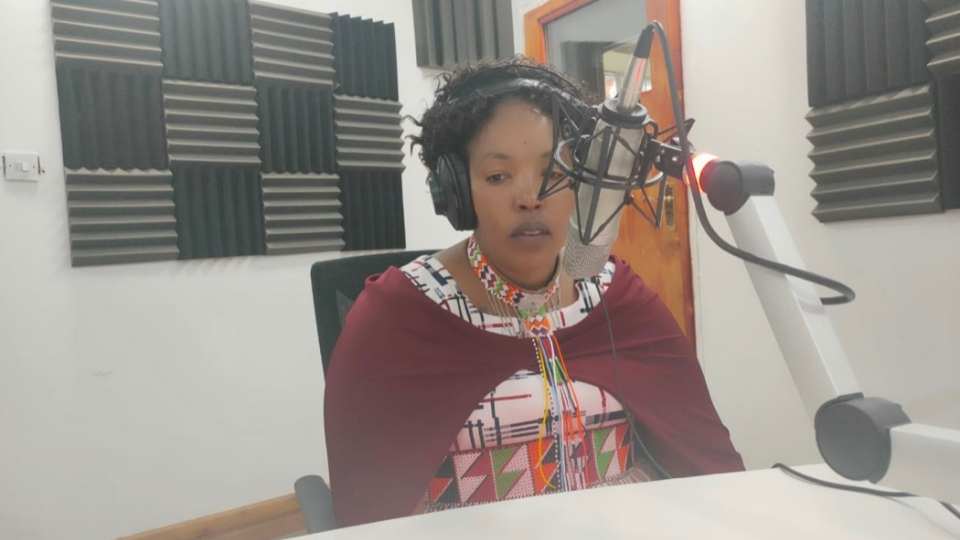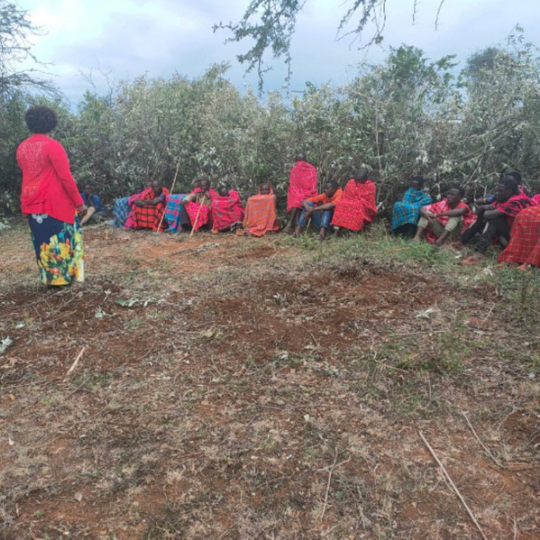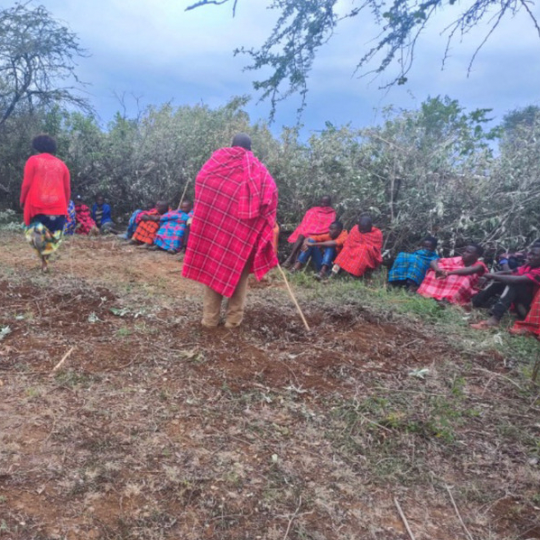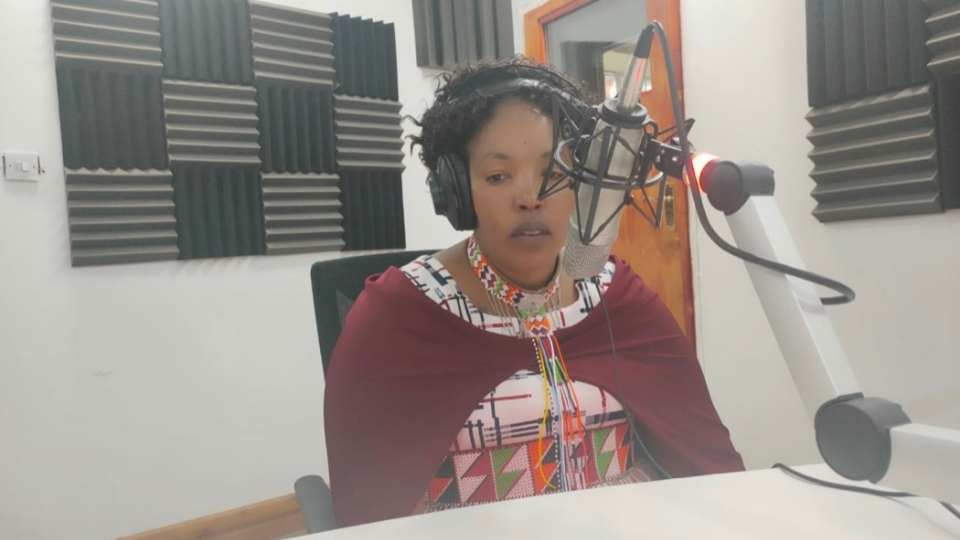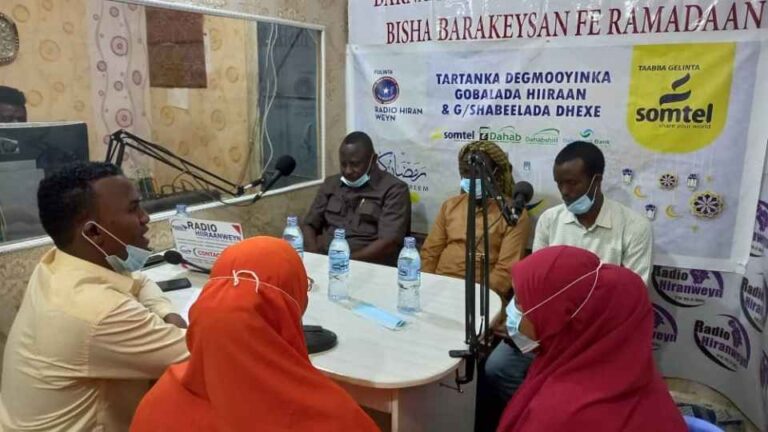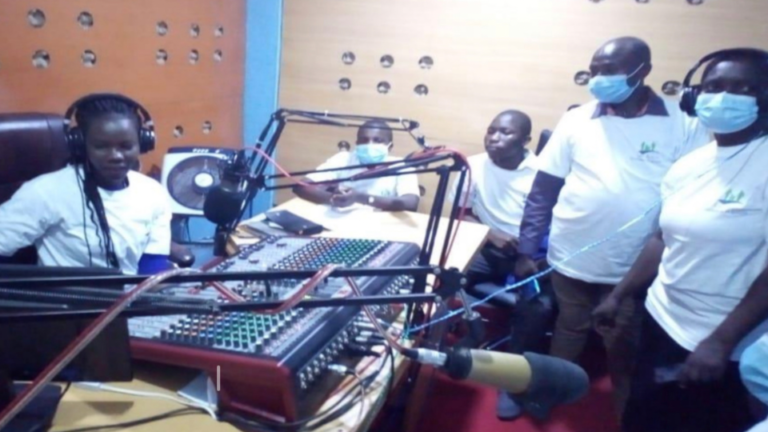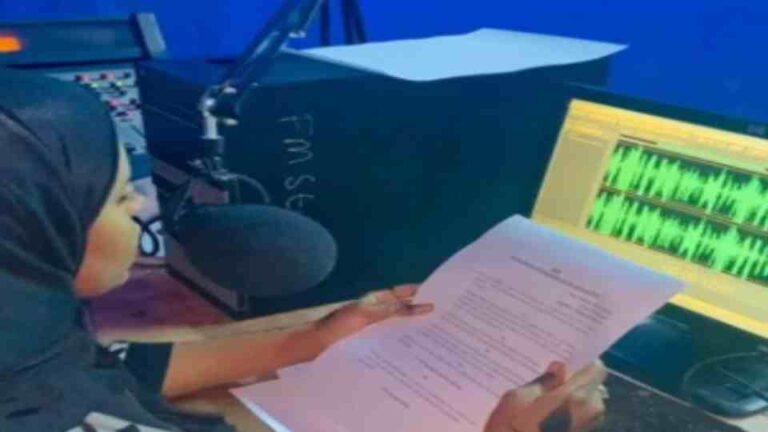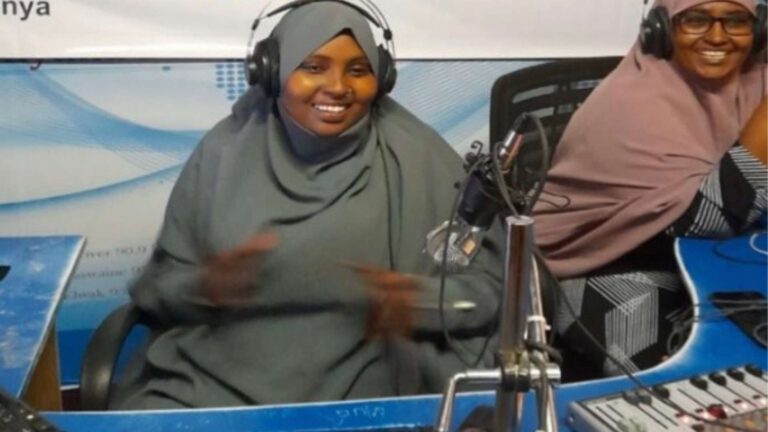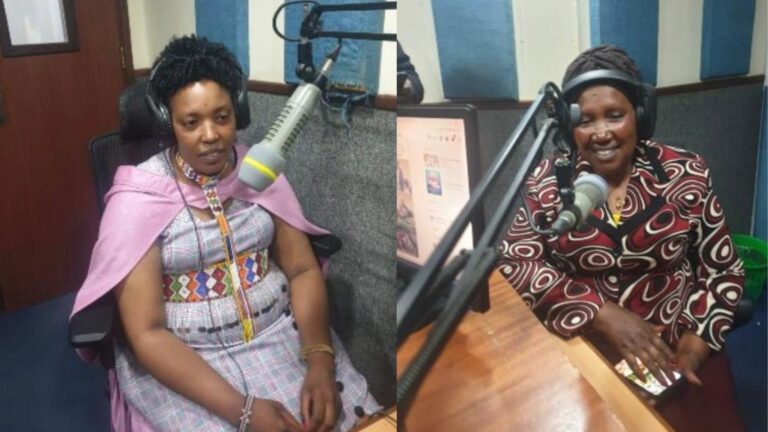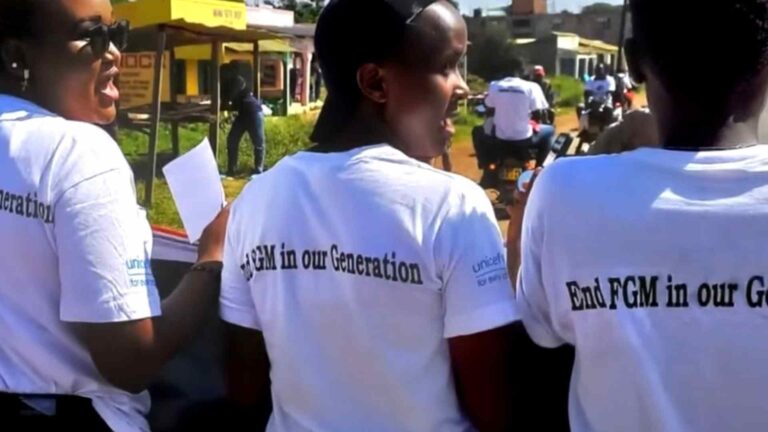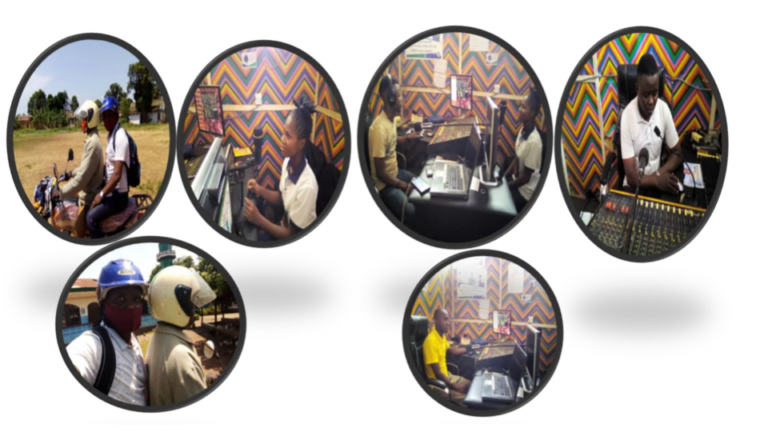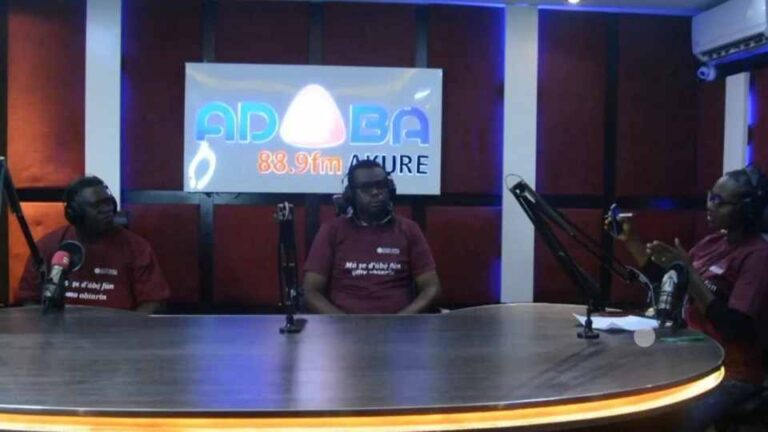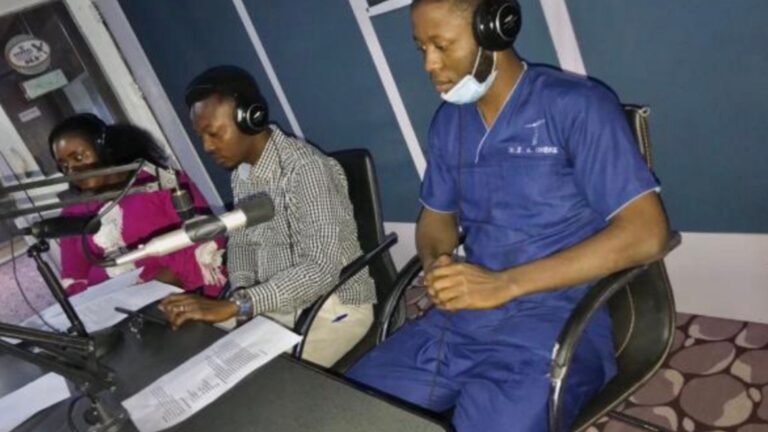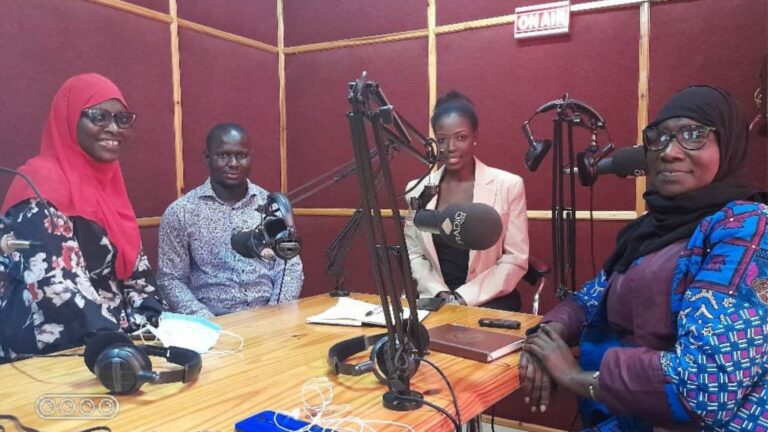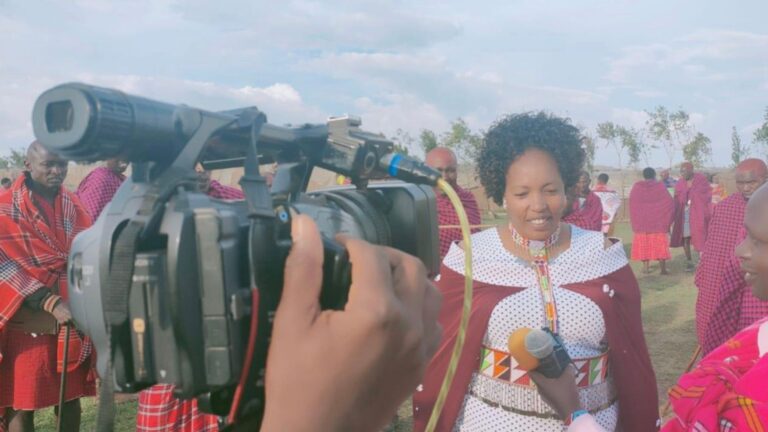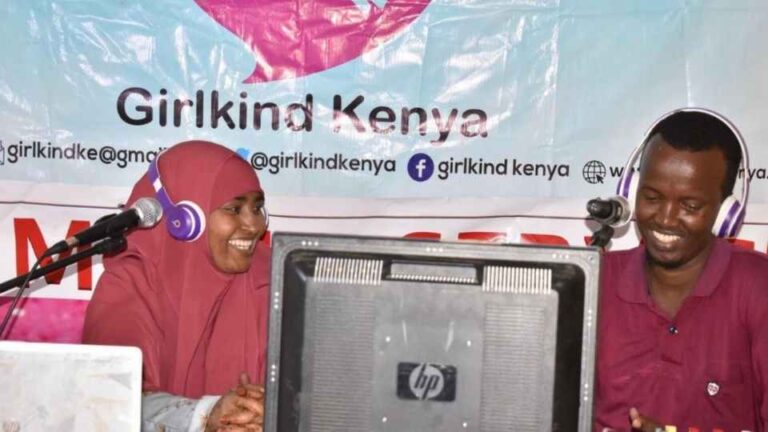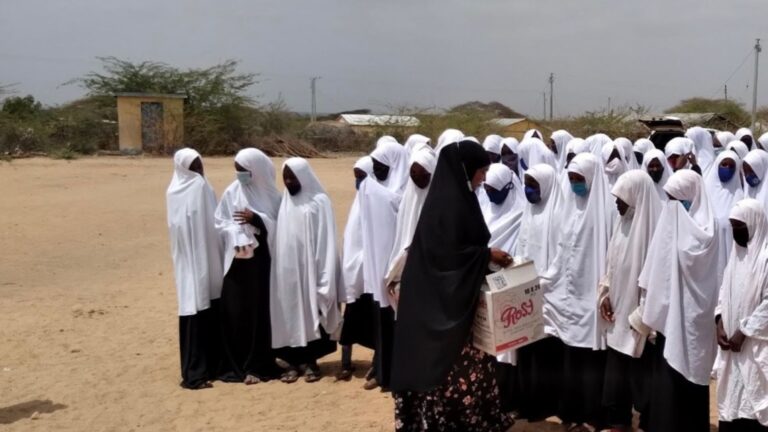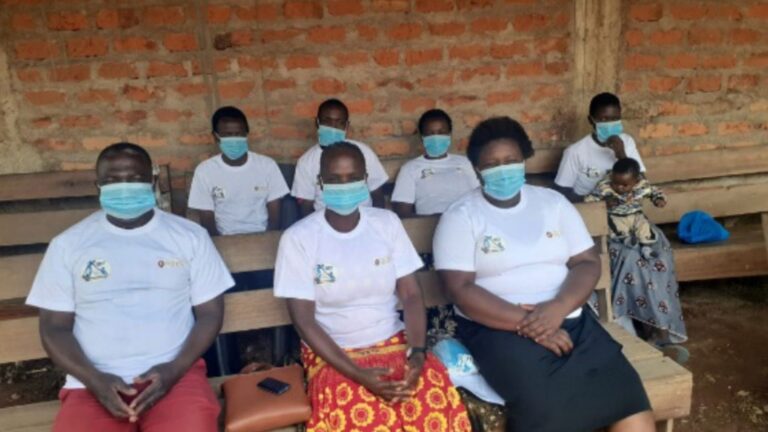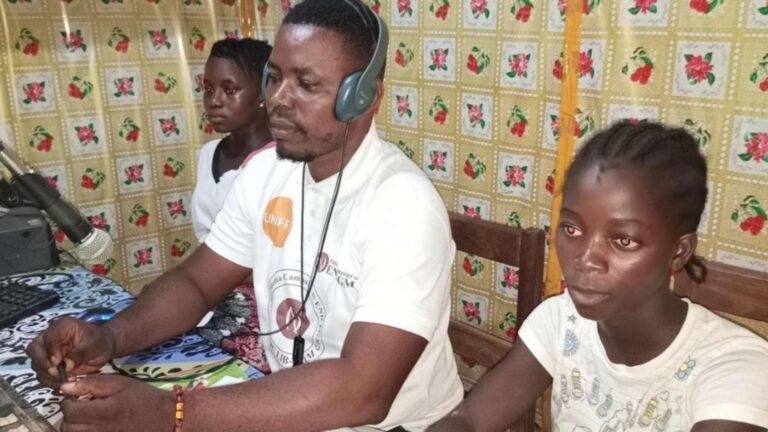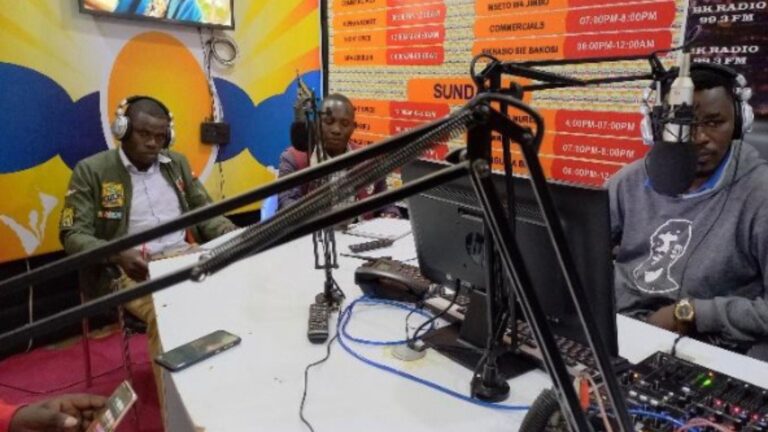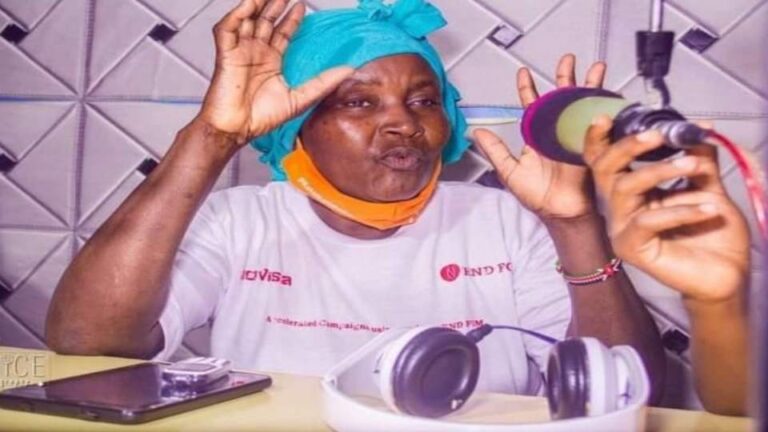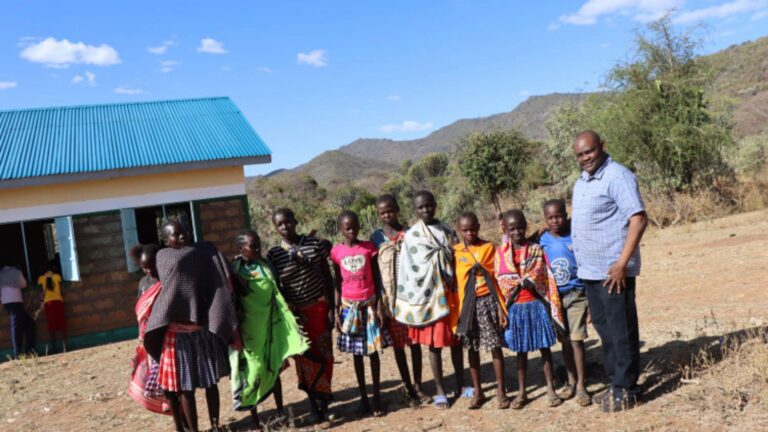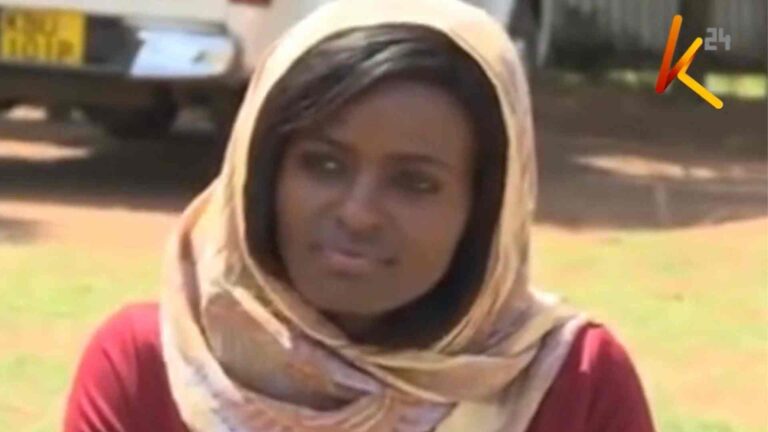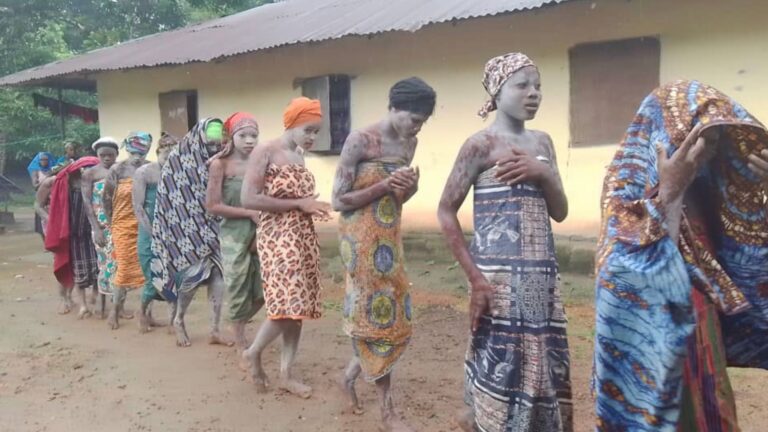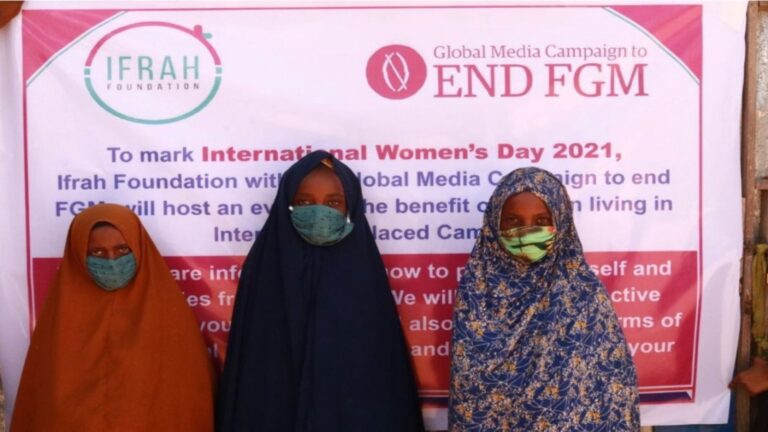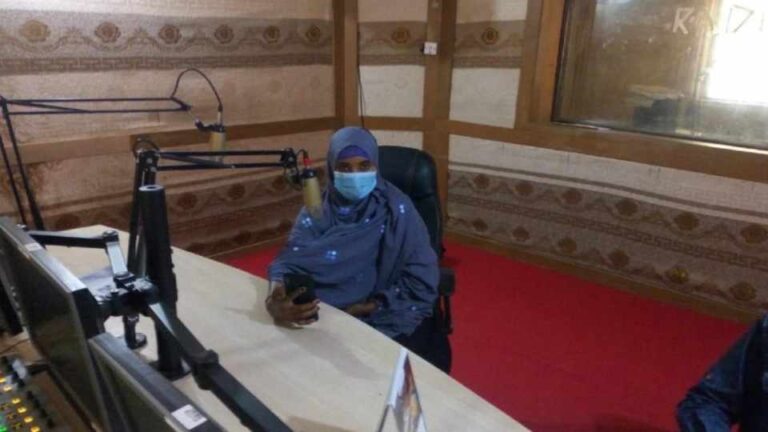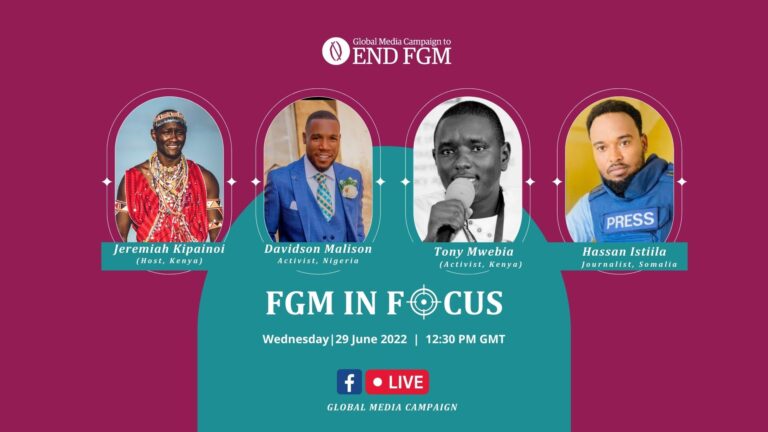By Susan Kutingala
Susan Kutingala is an anti-FGM campaigner who works closely within communities to help End FGM and Child marriage. In this report, Susan describes some of the challenges she faces when speaking to communities in Narok County, Kenya.
Currently, throughout Kenya, there has been an increase in cases of FGM and Child Marriage. We have seen an increase in these practices and therefore awareness and community interventions that are shared with the wider media are needed more than ever to get people to reconsider.
The Media Project
The project entails the rising and rampant cases of Teenage pregnancy and Female Genital Mutilation (FGM) among school-going girls across the County, I carried out a campaign on a strategy to end teenage pregnancy and Female genital mutilation by making frequent visits to the rural areas and also create awareness through media address to local radio stations because most of the people affected come from those parts of the County.
We engaged the following groups:
Mothers, with separate groups for mothers whose daughters: (a) have been cut; (b) have not been cut; and(c) have been through an ARP ceremony or who have attended a rescue camp and Community leaders (men and women). The views of young women themselves were essential to understanding the factors driving FGM and the impact of ARP ceremonies.
School teachers; because of their interactions with the young boys and girls.
Health Professionals; Were included because of their documented involvement in the practice in rural areas and towns, driven by demand from the community arising from increased awareness of the health risks associated with FGM.
Police officers and children and gender officers; Were included as they have a role to play in upholding the law on FGM and in child protection.
Success:
The findings of the study showed that, despite strong social resistance, progress towards the abandonment of FGM can be achieved through well-focused, incremental programmes.
Challenges encountered:
- Delayed start; Fieldwork was delayed due to delays in obtaining the permit from the relevant offices.
- Understanding and use of the term, ‘Alternative Rite of Passage’ During the study it was anticipated by supporting typical ARP programmes, where girls receive sexuality and life-skills training and graduate in a public ceremony, complete with certificates. The community did not understand the programme.
- Mobilisation; There was a problem in mobilizing the target group to attend the seminars; most of the participants came from the rural areas where there is a problem in means of communication and poor road network to go to town.
Positive observations
It was observed that locals are doing away with the cultural practices of female genital mutilation and thus embracing girl child education.
From the study, it was observed that locals need to be trained frequently on the dangers of teenage pregnancy and female genital mutilation.
It was also observed that there is a need to engage both families of the affected girl or boy to encourage them that there is still more to be covered.
Negative Observation
Locals are still held up by the cultural practices
Unexpected Wins
A number of schoolgirls were ready to go back to school even after giving birth. There was a challenge with parents not willing to accommodate girls who were rescued from early marriages and got pregnant.
Impact
The study helped in Psychosocial support for those already affected eg counseling, dialogues with different target groups (men and women separately), Advocate for all children to go to school, and enforcement of the governing law on free and compulsory education for all children.
Linkages
Advocate for all children to go to school
Enforcement of the governing law on free and compulsory education for all children.
Next time…
We will involve the local leaders, church leaders, and role models who have succeeded and are role models within the community.


